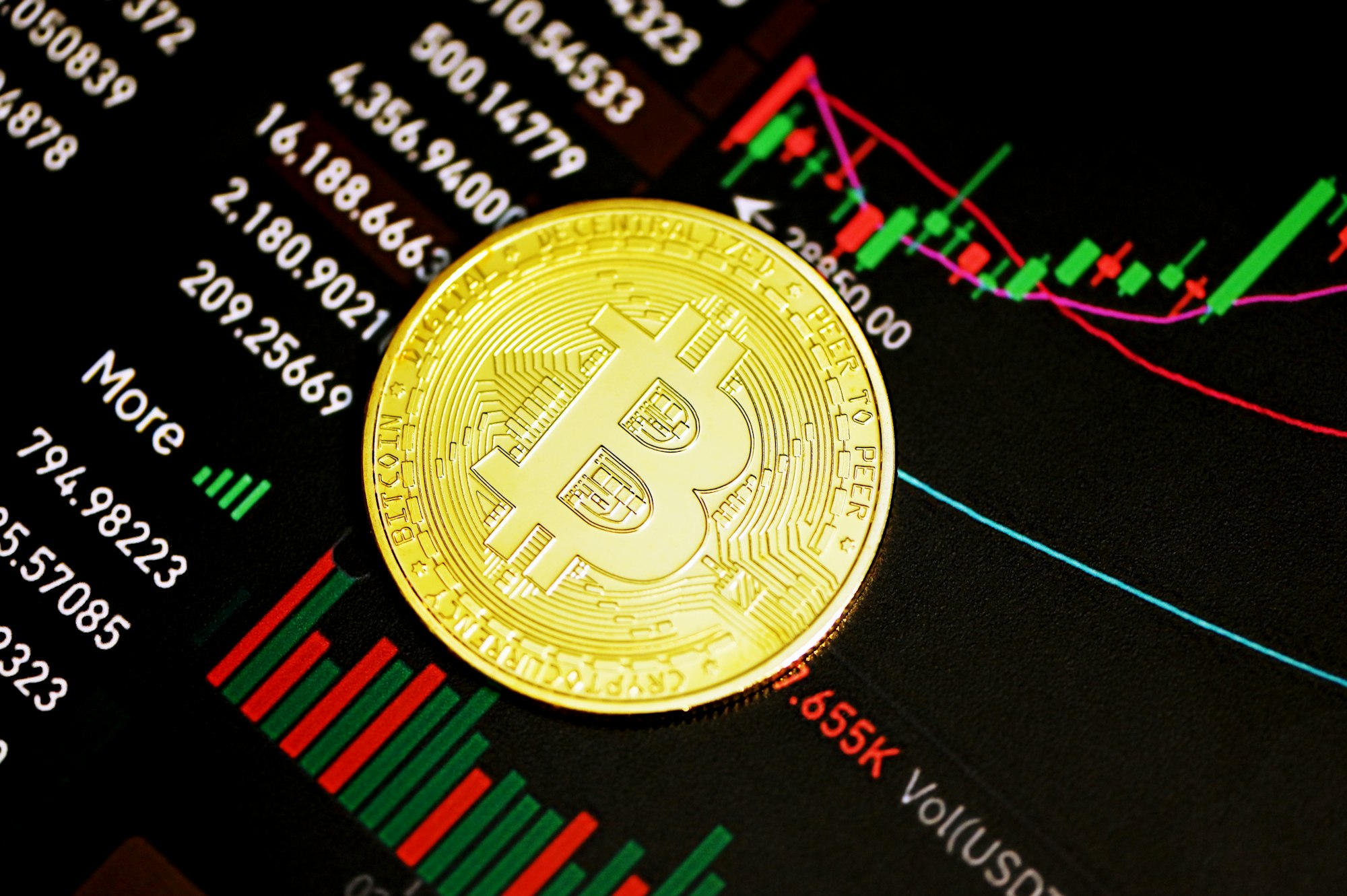FXOpen

The trading week started on a strong note for the USD. The greenback gained against the Euro and the CHF, despite the fact that the Euro area manufacturing PMI came out way above the 50 level.
It appears that the weakness in the EURUSD pair, the most important pair as it weighs almost 50% in the dollar index, comes more from a weak Euro rather than from a strong dollar. Nevertheless, if the EURUSD pair keeps the bearish trend, the other dollar markets will eventually follow.

Two Central Banks to Release Their Decisions This Week
Last week we saw the Federal Reserve of the United States (Fed) announcing its interest rate decision. It left the monetary policy unchanged, and at the press conference Jerome Powell, the Fed’s chair, failed to guide markets as to what comes next. The focus was on forward guidance and on any hint from the Fed of a possible tapering of the quantitative easing program currently running at $120 billion ($80 billion asset purchasing and $40 billion mortgage-backed securities).
But the Fed chose to avoid the subject and thus, the markets moved forward. As the chart above shows, the Fed is not the one with the most aggressive balance sheet expansion. The Swiss National Bank (SNB) and the Bank of Japan (BOJ) lead the pack, followed by the European Central Bank (ECB) in the third place. The implications are that the Fed still has room to go, or that the dollar declined too much as if we compare the balance sheet of the four central banks, the dollar should be higher.
This week it is the Reserve Bank of Australia (RBA) and the Bank of England (BOE)’s turn to announce their policy. The British pound (GBP) has been on a strong recovery since the Brexit deal was announced in late December last year. Also, the Australian dollar (AUD) is one of the best-performing currencies during the health crisis.
As always, the first trading week of the month brings the NFP report on Friday. The focus on this week’s report is to see if the U.S. economy continues to lose jobs. If we see a reversal, fueled by the increased vaccination rate, the market may trade in anticipation of a stronger economic recovery than initially expected.
This article represents the opinion of the Companies operating under the FXOpen brand only. It is not to be construed as an offer, solicitation, or recommendation with respect to products and services provided by the Companies operating under the FXOpen brand, nor is it to be considered financial advice.





